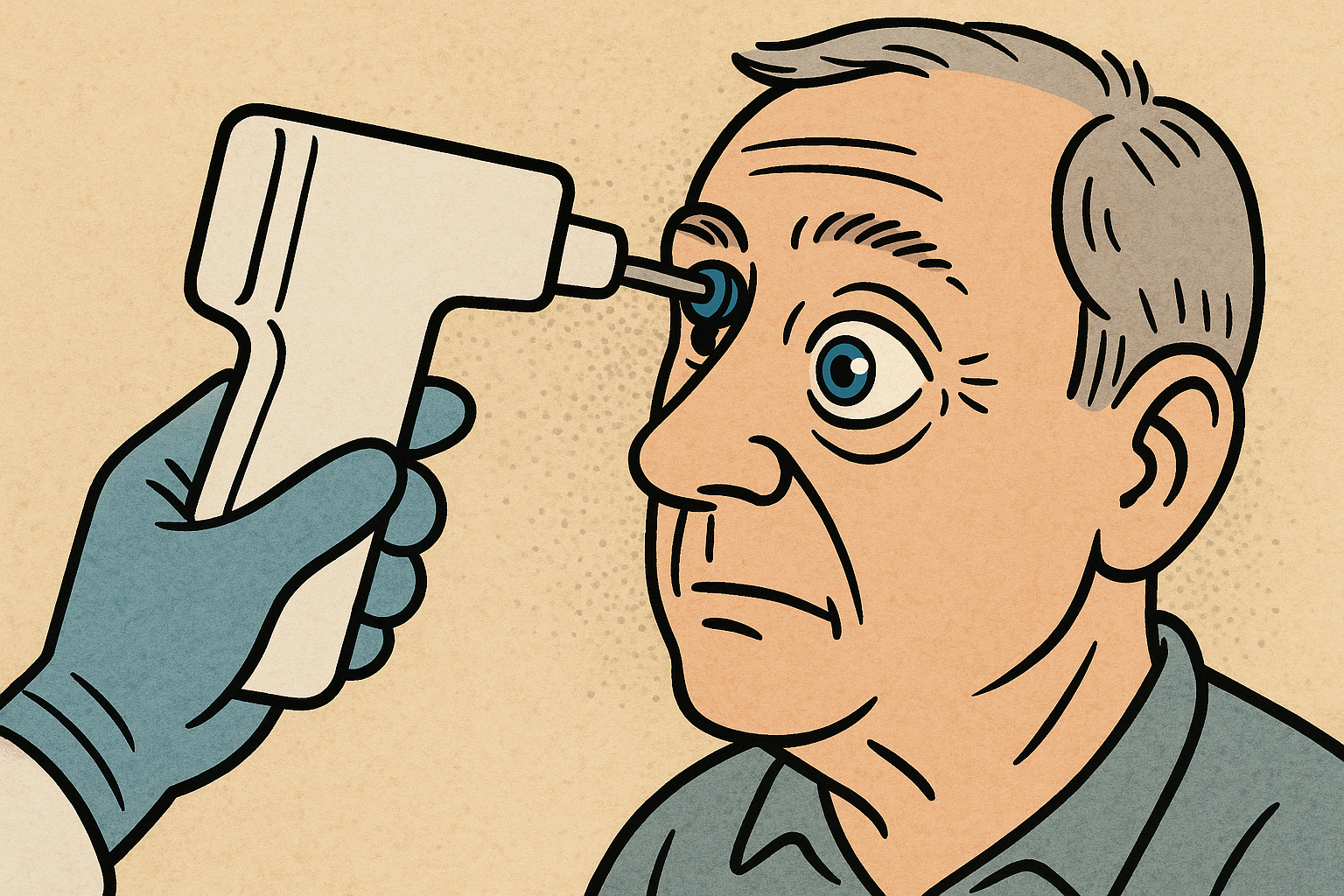Recently, during a routine eye check-up, I was told that the pressure in my eyes was unusually high. This seemingly small discovery turned into a big wake-up call. With a family history of glaucoma, I suddenly found myself staring at the real possibility of progressive vision loss. It was unsettling—and it forced me to confront not just my eye health, but how aging quietly creeps up on all of us.
Glaucoma is known as the “silent thief of sight.” It often develops without symptoms until it’s too late. For those of us in midlife, it’s a stark reminder that the systems we’ve taken for granted—our vision, our memory, our joints—begin to shift. I’ve always thought of eye exams as a formality. Now I see them as a form of foresight.
In my search to better understand what could be done—beyond just monitoring and medication—I came across the work of Dr. David Sinclair, a well-known longevity researcher at Harvard. His team’s research focuses on something revolutionary: reversing the aging process in cells. Yes, reversing.
The Science: Reversing Aging in Eye Cells
In an article from Longevity.Technology [1], Sinclair’s team explores how resetting cells to a more youthful, regenerative state could be a path to reversing age-related diseases, including vision loss. This isn’t science fiction—it’s epigenetics. Their work builds on the idea that aging is largely the result of lost epigenetic information, and that reprogramming cells can bring back youthful function.
The Harvard Stem Cell Institute [2] reports on Sinclair’s experiments using a cocktail of Yamanaka factors—genes that reset the biological age of cells without altering their identity. In lab experiments, Sinclair’s team successfully restored vision in old mice by reprogramming the retinal cells to function like they were young again.
According to Hindustan Times [3], these groundbreaking results have raised hopes for future therapies that could treat not only glaucoma but also other forms of age-related eye degeneration.
Time Magazine [4] discusses this as a scientific milestone that may one day extend far beyond the eyes—potentially resetting age at the tissue and organ level. It’s a development that could change how we view aging entirely.
A deeper dive in Nature [5] explains the molecular mechanics behind these experiments and highlights that these age-reversing interventions could soon move from the lab to human clinical trials.
CNN [6] covered this breakthrough with optimism, noting that this is one of the first demonstrations of “reversing” aging rather than just slowing it.
And finally, Harvard Medical School [7] underlines the core theory: that loss of epigenetic information is a driver of aging, and that restoring this information can reverse it—even in complex tissues like the retina.
What This Means to Me – and Maybe to You
As someone now paying closer attention to health in midlife, this kind of research fills me with cautious hope. It’s not a reason to delay getting checkups or to ignore symptoms—but it’s a powerful reminder that the science of aging is evolving faster than ever.
My elevated eye pressure is now part of my story. It’s a marker, not just of risk, but of awareness. And thanks to this wake-up call, I’ll be paying more attention to how I live, how I care for my health, and how closely I follow the breakthroughs that just might change everything.
References
[1] https://longevity.technology/news/resetting-cells-to-a-youthful-regenerative-state/
[2] https://www.hsci.harvard.edu/news/reversing-aging-eye
[3] https://www.hindustantimes.com/world-news/scientists-reset-biological-clock-to-restore-vision-in-old-mice-pave-way-for-new-treatments-of-age-related-diseases/story-JiqLyEVKodF2U5TFQLirUP.html
[4] https://time.com/6246864/reverse-aging-scientists-discover-milestone/
[5] https://www.nature.com/articles/s41392-023-01343-5#Sec94
[6] https://edition.cnn.com/2023/01/12/health/reversing-aging-scn-wellness
[7] https://hms.harvard.edu/news/loss-epigenetic-information-can-drive-aging-restoration-can-reverse
